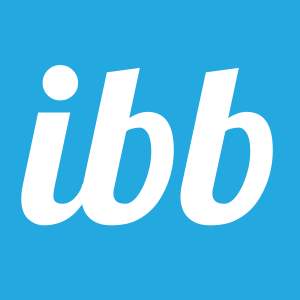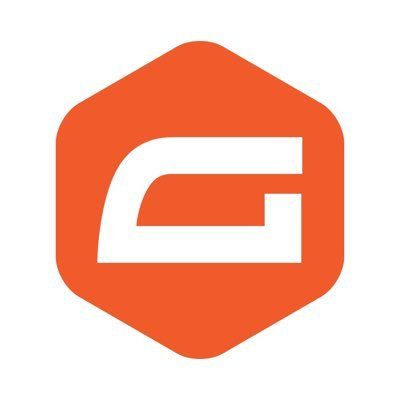
AltText.ai integrations
AltText.ai is an AI-powered tool that automatically generates descriptive alt text for images. Alt text — the short description attached to images on websites — is essential for accessibility (screen readers rely on it) and SEO (search engines use it to understand image content). Writing quality alt text manually for every image on a site is tedious work, and most organisations either skip it or write generic descriptions that don’t help anyone.
Integrating AltText.ai into your content workflows through system integrations means alt text generation happens automatically whenever images are uploaded or published. This is particularly valuable for organisations managing large websites, e-commerce catalogues, or media libraries where thousands of images need descriptions and doing it manually would take weeks.
Osher Digital helps businesses integrate AltText.ai into their existing CMS and content pipelines. Our automated data processing capability extends to content enrichment tasks like this — where an AI tool handles a specific, well-defined job within a larger workflow, and the output gets pushed to the right system without anyone needing to intervene.
If your website has an accessibility gap around image descriptions, or you want to improve your SEO by adding meaningful alt text across your site, our AI agency team can set up AltText.ai as part of an automated content workflow that keeps your site compliant and search-friendly.























